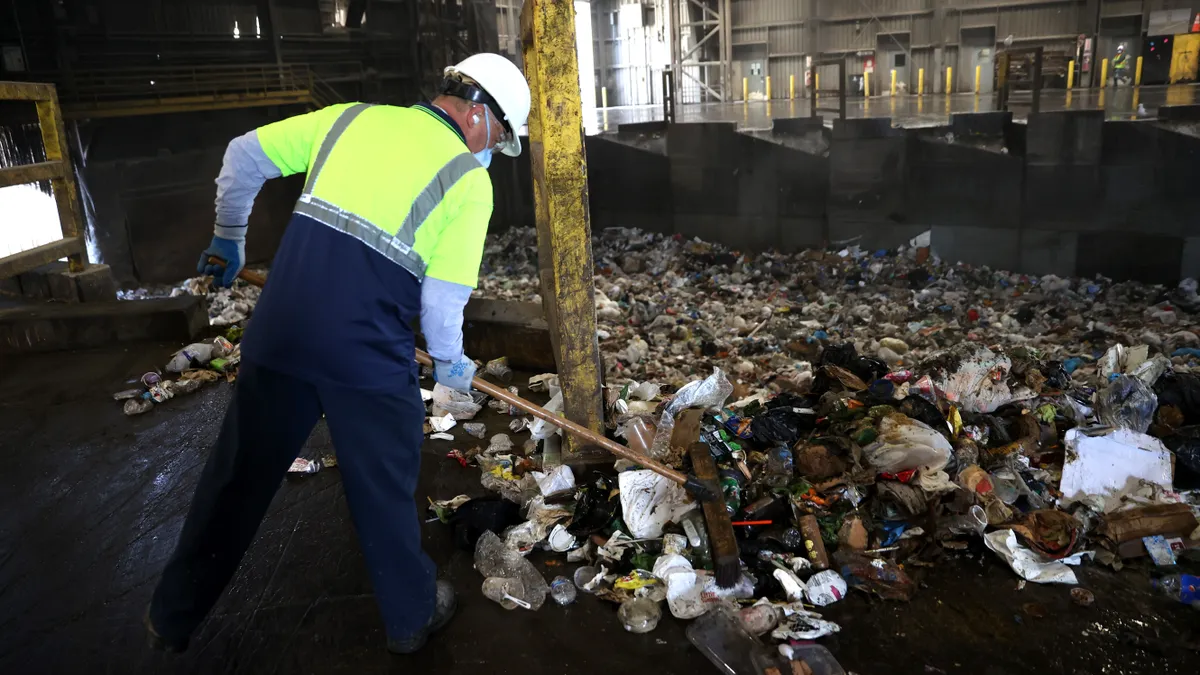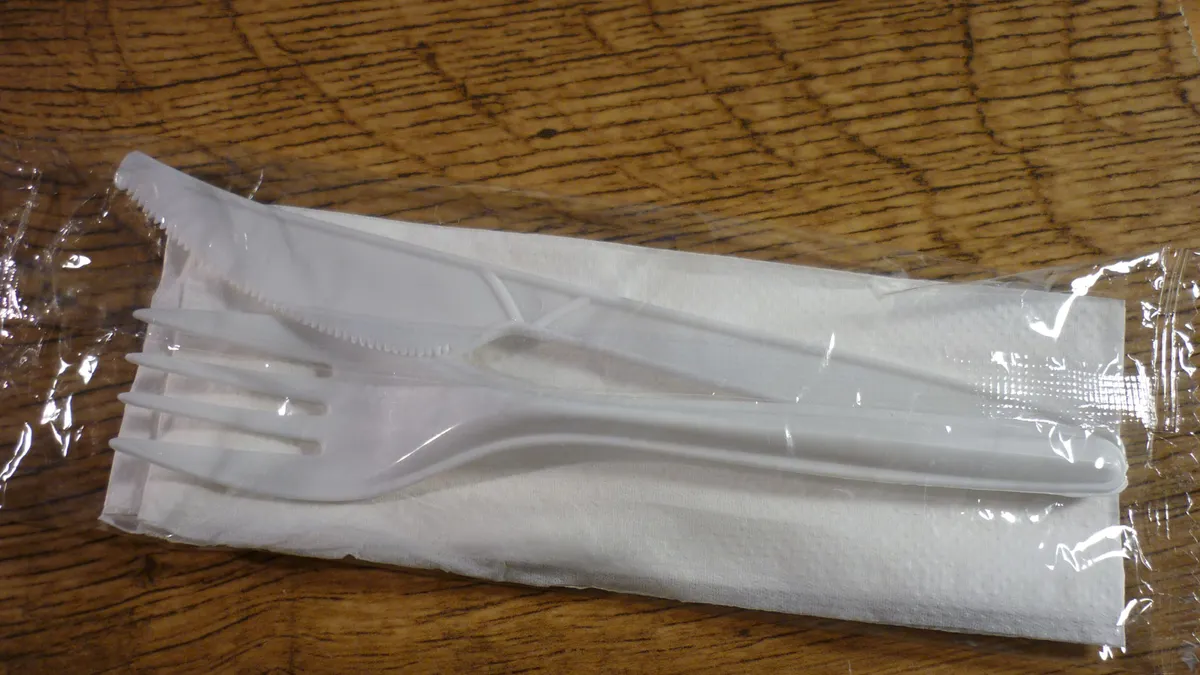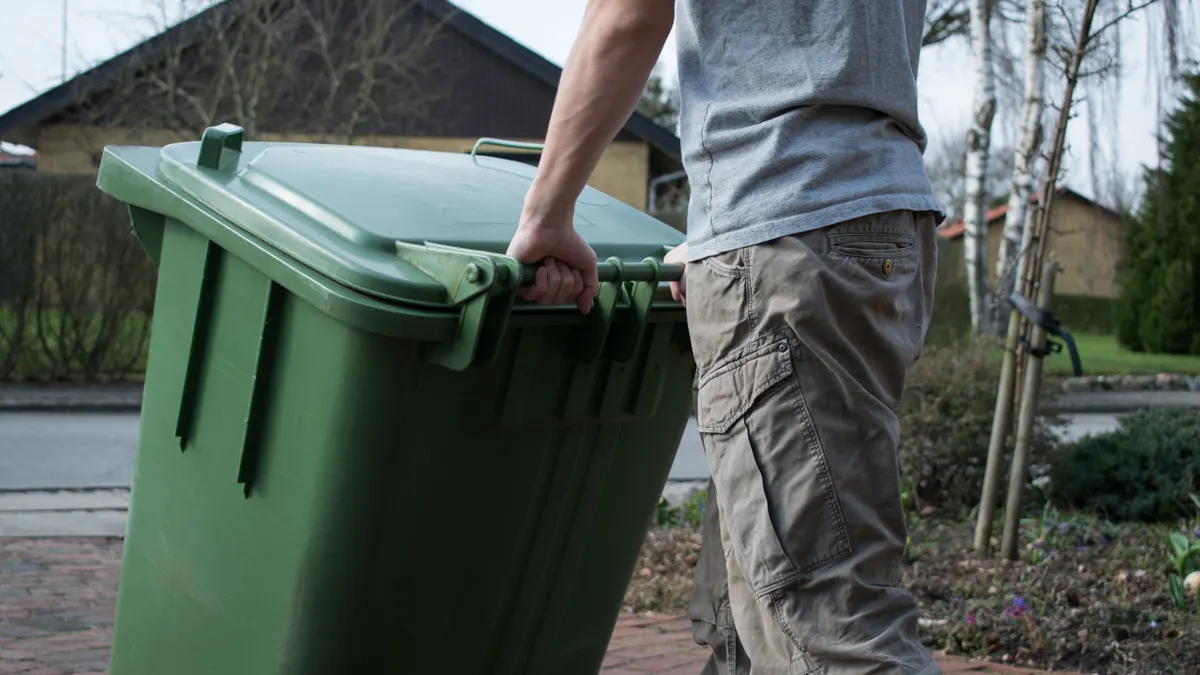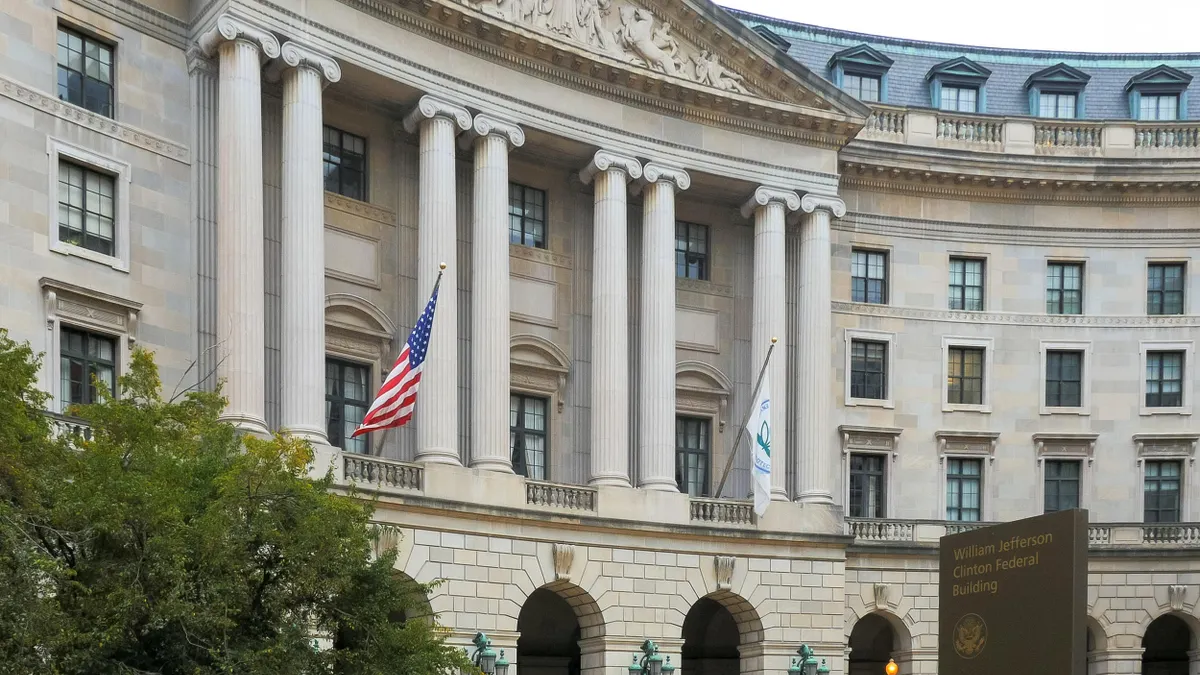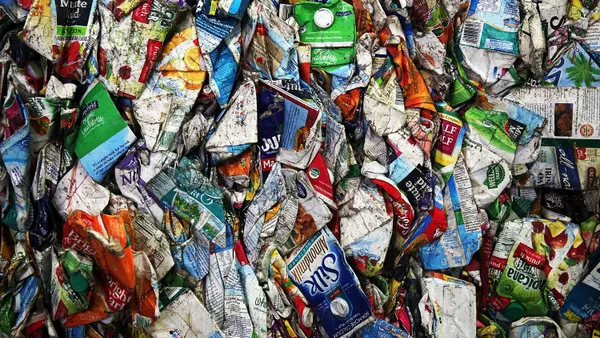For the first time in decades, if ever, the city of Boston received just one bid for its new residential recycling processing contract. Coming off a five-year deal signed in 2014, incumbent Casella Waste Systems is ready to re-up, with maximum processing costs quoted as high as $6.16 million per year.
The details were delivered in a Feb. 21 bid opening at Boston City Hall, along with pricing for a new disposal contract of the same term. Others that picked up bid packets, including Waste Management and local company Save That Stuff, made the surprise move of sitting out the process. Now, Boston appears to be experiencing a case of sticker shock, and is considering all options before signing a deal that could run through July 2024 — with the potential for three one-year extensions.
So far, Casella appears confident its multi-decade run as the city's primary recycler will continue. When asked about the contract during a fourth quarter earnings call the following morning, executives described the new price structure as long overdue.
"[The] second contract we're underwater on was the City of Boston. We did bid on that contract. It’s in process right now and we bid to make money and to reduce our risk profile. So we feel pretty positive about that," said CFO Ned Coletta. "If we win at current rates, it will be about $3 million a year swing, positive swing for us. And that will be awarded for July 1st. So we could pick up about half a year on that. So some of that really is in our numbers for the year of our recycling why it's improving year-over-year even through we’re modeling commodities to be flat."
Casella reported $42.19 million in recycling revenue for 2018, down from $62.31 million the year before, but experienced an uptick during the fourth quarter and expects that line of business to be a tailwind this year. As described, the company crafted its bid to send what has lately become an industrywide signal — processing costs must now pay for themselves.
Unlike the company's 2014 bid, which put processing costs around $70 per ton, the new number is in the triple digits. In one other change, the revenue share has shifted from 40% to 50%.
Boston's invitation for bids included six potential contract opportunities — based on geographic districts and various service offerings — for an estimated annual workload of about 38,500 tons. Casella pitched $115 per ton for a citywide rate at the lowest end and $150 at the highest. A second option, which would involve paying MRF workers Boston's living wage ordinance, raised pricing by $10 per ton in all categories.
Further details about additional contract terms or pricing have not been published by the city or confirmed by Casella.
Given the convenient location of Casella's MRF in Boston's Charlestown neighborhood and the lack of any other sizable MRFs in the area, other companies have always had a difficult time competing. Yet as recently as 2010, Waste Management won a contract to handle part of the city's recycling at a regional facility. The national giant also bid in 2014.
Asked why it didn't do so this time, the company cited a contract amendment about rejecting contaminated loads that included different terms than the Massachusetts Department of Environmental Protection's 15% guidance.
"The current recycling environment we face has caused us to be very selective when accepting new volumes into our facilities. We are focusing on generators that are willing to enter agreements that cover the processing cost of recycling and minimize contamination levels," wrote Garrett Trierweiler, senior manager of public affairs, via email.
"Given that City specifications would require the contractor to accept and process materials that have up to 25% non-recyclables or contamination in the loads before any additional charges could be levied or loads could be rejected, it does not meet the goals we are working to achieve at our facilities and with our customers. While Waste Management didn’t respond to this proposal, we look forward to future opportunities to work with the City of Boston to reach their zero waste goals."
How this could affect Boston's "zero waste" aspirations also remains unclear. Planned recommendations have not been finalized since the city's last Zero Waste Advisory Committee meeting in December.
Until that reduced waste future materializes, with progress beyond the city's current 21% residential recycling rate, Boston is also continuing to plan for a new set of five-year contracts to meet its disposal needs. Residential material goes to regional facilities owned by Wheelabrator and Covanta. Both companies were among those that submitted different types of bids for some of the more than 194,000 tons of residential waste, as well as other sources of public waste.
Wheelabrator came in the lowest, with a range of $80-$83.75 per ton (with the ability to take no more than 58,000 tons), followed by Covanta at $93.61-$94.82 per ton and a bid from Republic Services including options from $108-122 per ton. Republic's bid involves sending material to its Boston transfer station, centrally located in the Roxbury neighborhood.
Boston's Public Works Department is aiming to finalize contracts for both recycling and disposal by mid-April. With Casella recycling contracts up for renewal in neighboring Cambridge next year and Somerville in 2021, among other municipalities in the region, many will be watching closely to see how this situation plays out.
This piece has been updated to clarify the nature of different disposal bids from various contractors, as well as the specific amount of residential waste generated.







